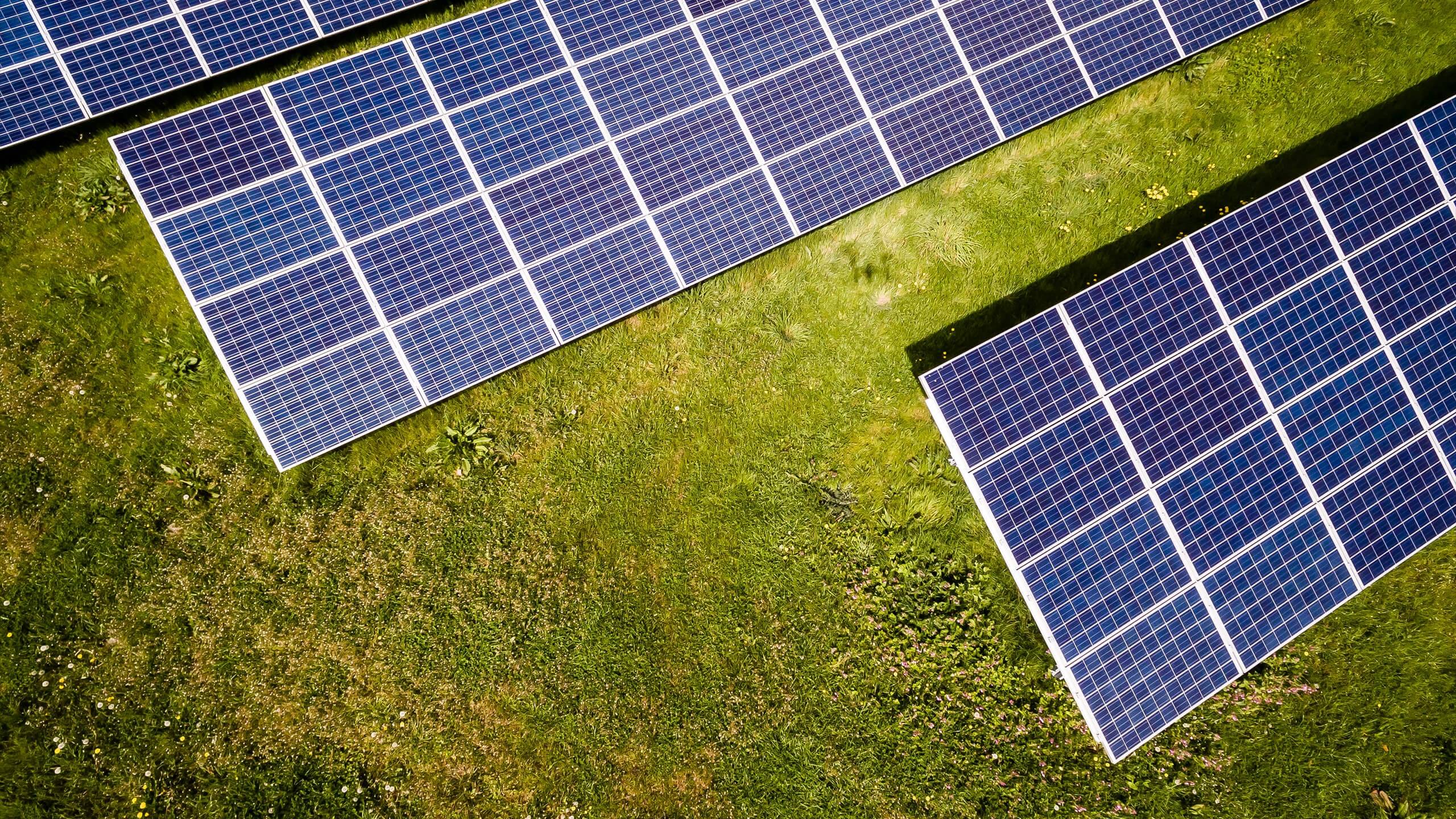The Energy and Development Group at UCL comprised of a diverse team of individuals and is the largest UK research group focusing on energy within a development context.

Social Research & Participation
Research grounded in methods from the social sciences is an important component of the group’s work. Our members engage in field research ranging from the undertaking of surveys, through to immersive ethnographic research to explore the complexities of the interactions between society, politics, livelihoods, technology and energy resources, as they relate to the global energy trilemma. Our belief in the strength of local stakeholders and local communities to inform solutions to the Sustainable Development Goals is central to our commitment to interdisciplinary research.
Researchers: Iwona Bisaga, Gabrial Anandarajah, Muez Ali, Vivien Kizilcec, Jim Watson, Julia Tomei, Xavier Lemaire, Yacob Mulugetta, Priti Parikh, Ayooluwa Adewole, Lilia Caiado and Elusiyan Eludoyin.
Energy Modelling
The group both uses and develops energy modelling tools as a key part of its research. These tools are used to analyse both the systems required for supply and the demand of different forms of energy at local, regional, national and international scales. They include combinations of, on the one hand, technology rich models that apply either a bottom-up and or a top-down frameworks approach used for long term scenario analyses; and, on the other, more specific applications of geo-physical models of e.g. representing the built environment or building physics that underpin detailed urban planning, or mapping energy data in detailed GIS analyses.
Most recently in the PATHWAYs project, the energy and development group has been creating a model of Ethiopian energy usage, investigating how the choices and interactions of actors and structural factors could contribute to the realisation of low carbon pathways.
The results of our models inform decision makers across the globe, often relating to infrastructure investment and operational decisions. As well as developing large-scale macroeconomic models we also work on more specific use cases, for example with the energy company BBOX we are investigating the behavioural aspects of energy use in developing countries with disaggregated generation.
Researchers: Catalina Spataru, Gabrial Anandarajah, Oliver Broad, Priti Parikh, Isabela Butnar, Femi Eludoyin and Jen Cronin.
Policy and Regulation - Analysis and Support
The Group also undertakes policy relevant research that informs decision making processes. In this area our research is multi-method (i.e. qualitative and quantitative), interdisciplinary and problem-focused. This involves working with stakeholders to identify the questions and issues that need answering. We undertake analysis both of policy and for policy to inform the design of legislative frameworks concerning energy systems. An important part of this work is building partnerships and collaboration with multiple stakeholders. Such collaborations facilitate a deeper understanding of political sensitivities and lead to more effective communication of our research findings.
Researchers: Catalina Spataru, Gabrial Anandarajah, Alexandra Schneiders, Meron Tesfamichael, Jim Watson, Ben Milligan, Julia Tomei, Xavier Lemaire, Yacob Mulugetta, Iwona Bisaga, Priti Parikh, Ayooluwa Adewole, Lilia Caiado and Elusiyan Eludoyin.
Life-Cycle Analysis
Bioenergy with and without carbon capture and storage (CCS) is seen as an important technology for mitigating climate change. However, to assess its contribution to providing low carbon fuels and potentially “negative emissions”, detailed life cycle assessment (LCA) studies considering regional and temporal boundaries need to be undertaken. We offer training, guidance on and bespoke LCA studies quantifying the carbon balance across the full bioenergy supply chain, including international markets and trade. We also analyse the trade-offs between the climate change impacts of bioenergy and water consumption and pollution in given locations, considering the full supply chain of bioenergy. We also have expertise in comparing the contribution of bioenergy to climate change as compared to other low carbon energy technologies, or to other uses of land, e.g. for afforestation, or other human uses.
Researchers: Yacob Mulugetta, Meron Tesfamichael, Mairi Black, Isabela Butnar and Long Seng To.
Knowledge Exchange & Capacity Building
Interregional cooperation and knowledge exchange extend to many areas such as policy, capacity-building and technology development. The Energy and Development Group are working with partners across the world to facilitate collaborative knowledge building and exchange, as well as contribute to capacity-building through academic courses and policy advice to local, national and global stakeholders in the energy sector. The work of some of the group’s members has also covered capacity-building in resilience and disaster preparedness, as well as exchange of energy access lessons learnt in humanitarian contexts. The group’s goal is continue expanding its reach internationally and build strong partnerships to support efforts towards sustainable energy transitions and universal electrification with a focus on the underserved regions.
Researchers: Ben Milligan and Yacob Mulugetta.
 Close
Close

